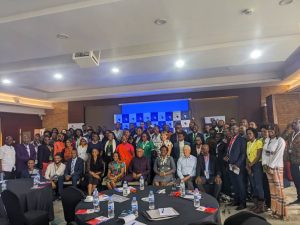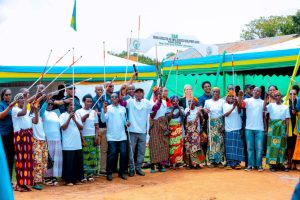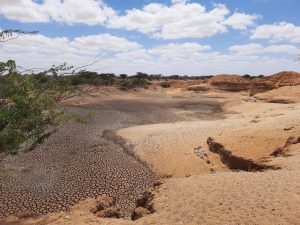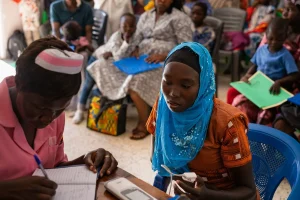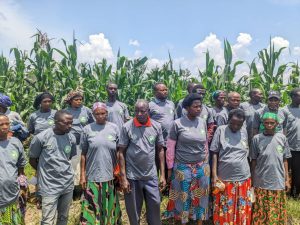Rwanda Brings NCD Screening to the Village Level Through Community Health Workers
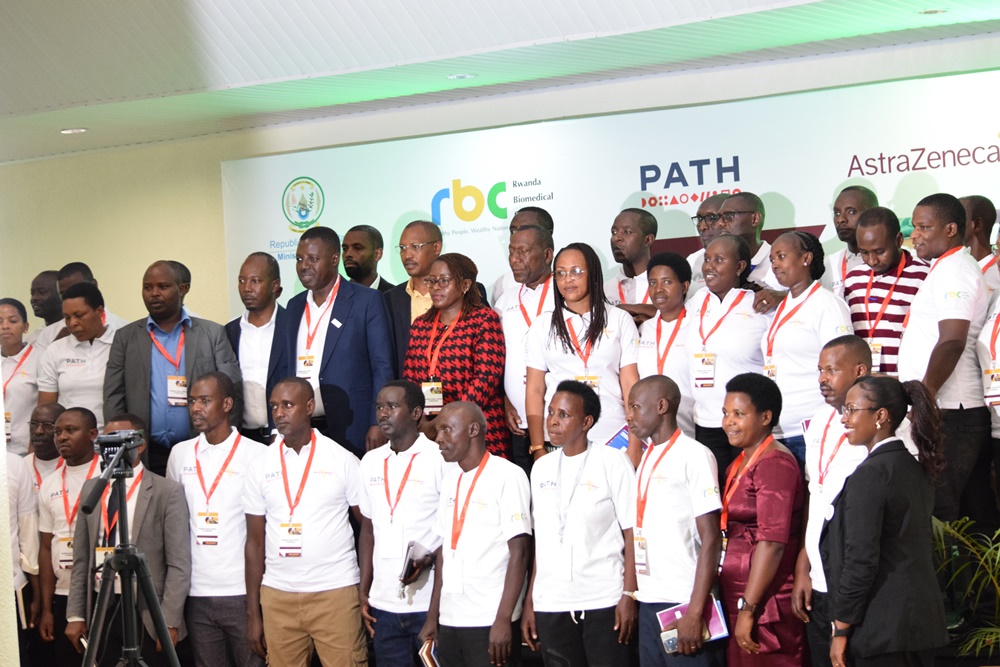
In a significant move to strengthen primary healthcare, Rwanda on September 05, 2025, launched the expanded Healthy Heart Africa (HHA) programme, bringing non-communicable disease (NCD) screening and prevention services to the village level. The initiative equips community health workers (CHWs) to carry out early detection, support diagnosis, and follow up with patients in their communities.
The programme, piloted at Kabarore Health Centre in Gatsibo District, is part of the HHA initiative by AstraZeneca, in partnership with the Rwanda Biomedical Centre (RBC) and PATH. Initially focused on hypertension, the programme now integrates chronic kidney disease (CKD) screening and management into Rwanda’s primary healthcare system.
This expansion comes at a critical time, as kidney disease affects more than 850 million people globally. Africa, where prevalence reaches an estimated 15.8 percent, is disproportionately impacted. It also aligns with the recent World Health Assembly resolution on kidney health, which calls on governments and partners to prioritize early prevention, screening, and treatment of CKD as part of the global NCD agenda.
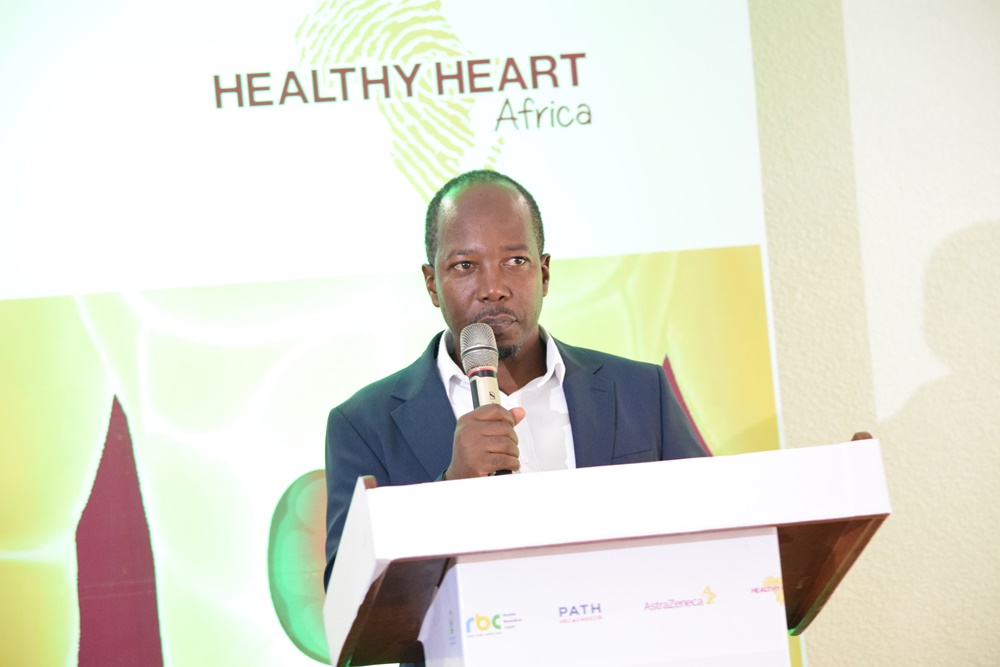
Dr. Francois UWINKINDI, Division Manager for NCDs at RBC, speaking on behalf of the Minister of Health, said the expansion comes at a critical time when kidney disease and other NCDs are on the rise.
“Integrating CKD prevention and management into our health system is crucial to protecting lives. With this partnership, community health workers will be able to screen people at home and link those with abnormal values to nearby facilities,” he said.
Uwinkindi added, “We want early detection to happen closer to where people live, not only at referral hospitals like Kanombe or CHUK. This aligns with Rwanda’s commitment to universal health coverage and our decentralized approach to health delivery.”
CHWs at the Frontline
Under the new phase, community health workers who already provide maternal and child health services will take on a bigger role in identifying and supporting patients with NCDs such as hypertension, diabetes, and CKD.
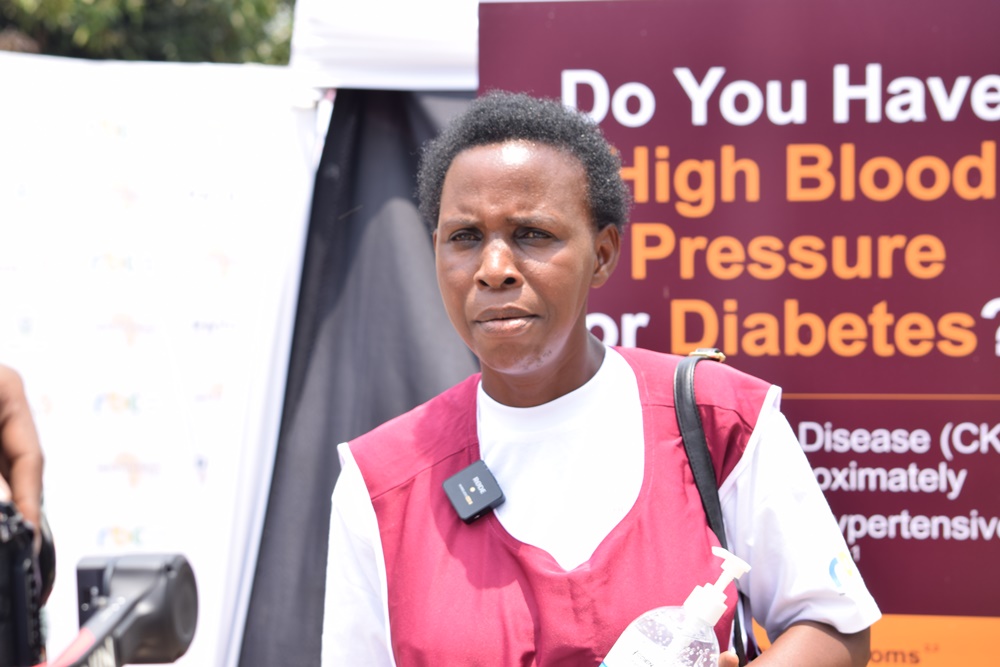
Eugenie TWAGIRAMARIYA, a CHW from Kabeza Village, Nyabikiri Cell, Kabarore Sector, welcomed the move as recognition of the trust placed in community health providers.
“It helps people in the village who often don’t go to the doctor. We live with them every day, so we can visit, check their health, and refer them if necessary,” she said.
Residents also see the benefits. Clementine MUKAKIGELI, who was seeking care at Kabarore Health Centre, noted that the shift means easier access to essential health checks.
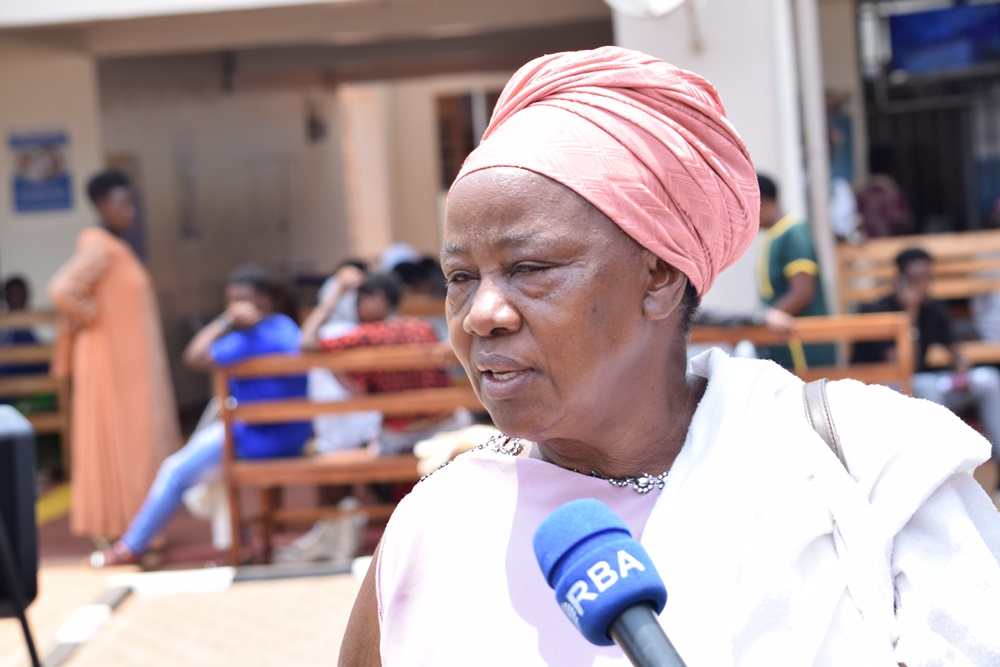
“It is very valuable to have CHWs screening us in the village. I live far away, so being tested close to home will help us know our health status earlier,” said MUKAKIGELI.
A Growing Health Challenge
Chronic kidney disease is an emerging public health concern in Rwanda. According to the Vital Statistics Report 2024, nearly half of all health facility deaths were linked to NCDs, including diabetes, cardiovascular diseases, and cancers. Experts warn that many CKD patients in Africa are diagnosed at late stages, when dialysis or transplants become the only options.
CKD has emerged as a significant public health concern in Rwanda. According to the BMC Health Services Research journal, the prevalence of CKD in Africa and sub-Saharan Africa is 15.8 percent and 13.9 percent, respectively. In Rwanda, 47.7 percent of all health facility deaths were attributed to NCDs, including diabetes, cardiovascular diseases, and cancers. Risk factors like hypertension, obesity, and unhealthy lifestyles contribute to the rising prevalence of CKD and intensify its impact on patients, families, and the healthcare system.
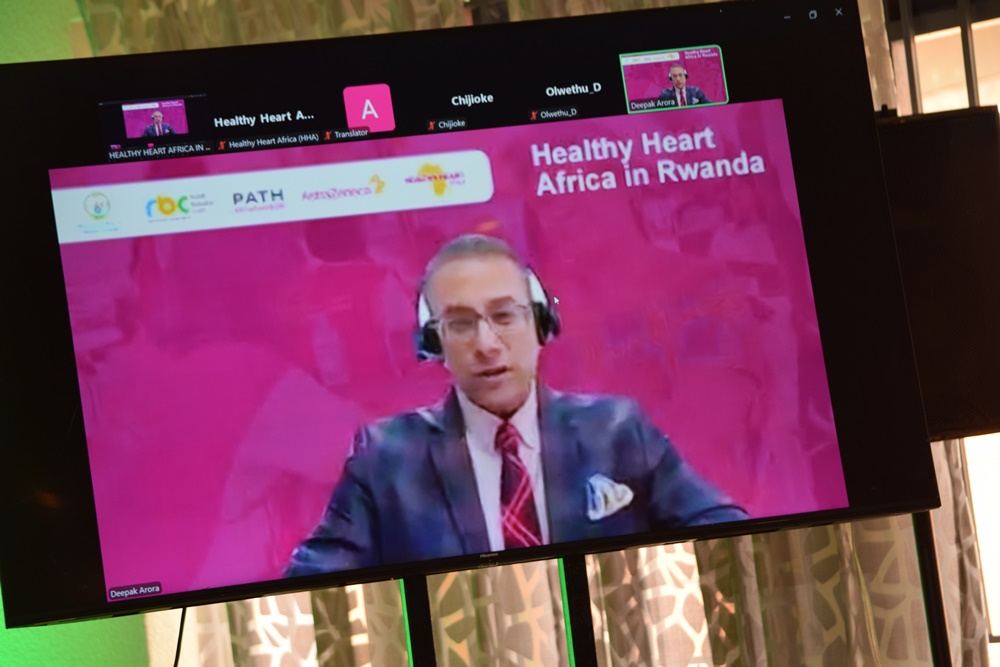
Deepak Arora, AstraZeneca’s Country President for the African Cluster, who joined the launch virtually, highlighted the expansion of HHA in Rwanda demonstrates the importance of embedding NCD care into primary healthcare.
“More than 75 percent of CKD patients in Africa are diagnosed only at late stages. Prevention and early intervention must be built into primary care, with CHWs empowered to act as the first line of detection,” he said.
He added, “Healthy Heart Africa is not just a programme; it is a scalable model for strengthening primary healthcare systems, built on the power of public-private partnerships. By embedding prevention, early detection, and treatment into primary care, we are supporting Rwanda’s national health goals while contributing to Africa’s Agenda 2063 and the global push for universal health coverage. This is how we accelerate meaningful, lasting progress.”
Strengthening the System
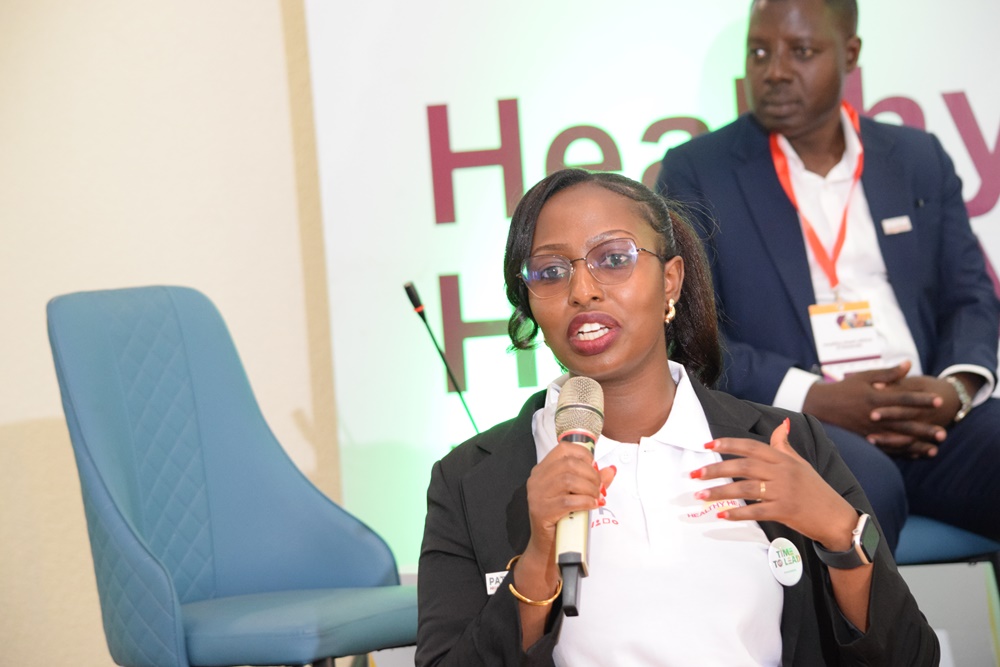
PATH Rwanda’s Senior Programme Officer for NCDs, Dr. Florence Sibomana, explained that the programme will run until 2027, building on work in Gatsibo, Gakenke, and Nyarugenge districts across 53 health centres and seven district hospitals.
“In the past three years, we’ve screened thousands for hypertension and diabetes. Now, by adding kidney care, we’re addressing gaps in early diagnosis and follow-up at the primary health level. Our goal is equity, ensuring care is accessible even to those in rural villages,” she said.
Launched in Kenya in 2014 and now active in nine African countries, Healthy Heart Africa has already conducted more than 75 million blood pressure screenings and trained over 11,000 health professionals. Its Rwandan expansion signals a shift toward bringing life-saving services closer to communities and reducing the burden of NCDs through prevention, early detection, and integrated care.
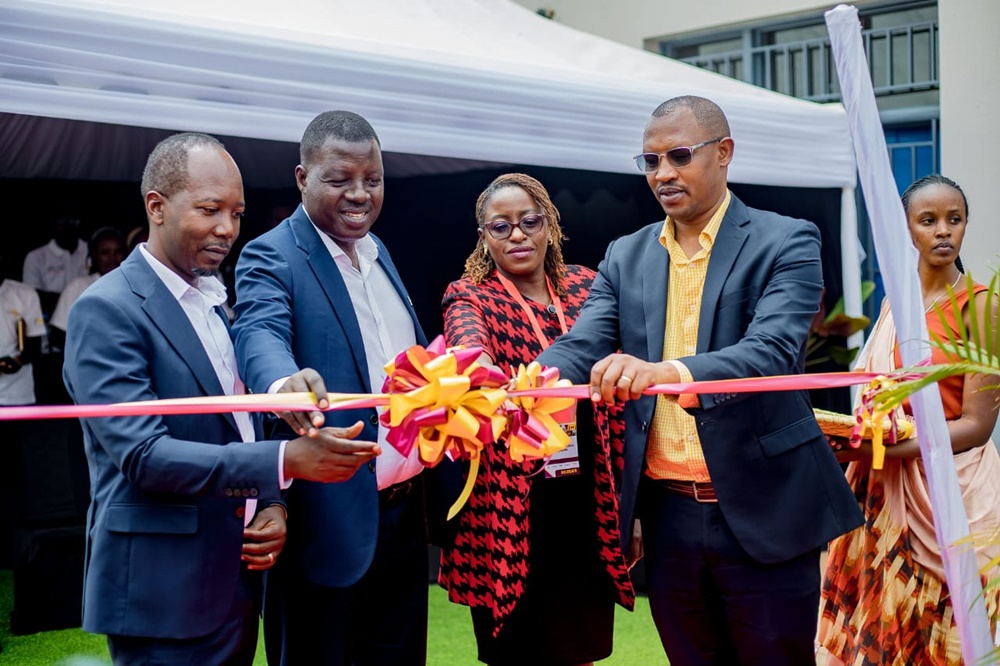
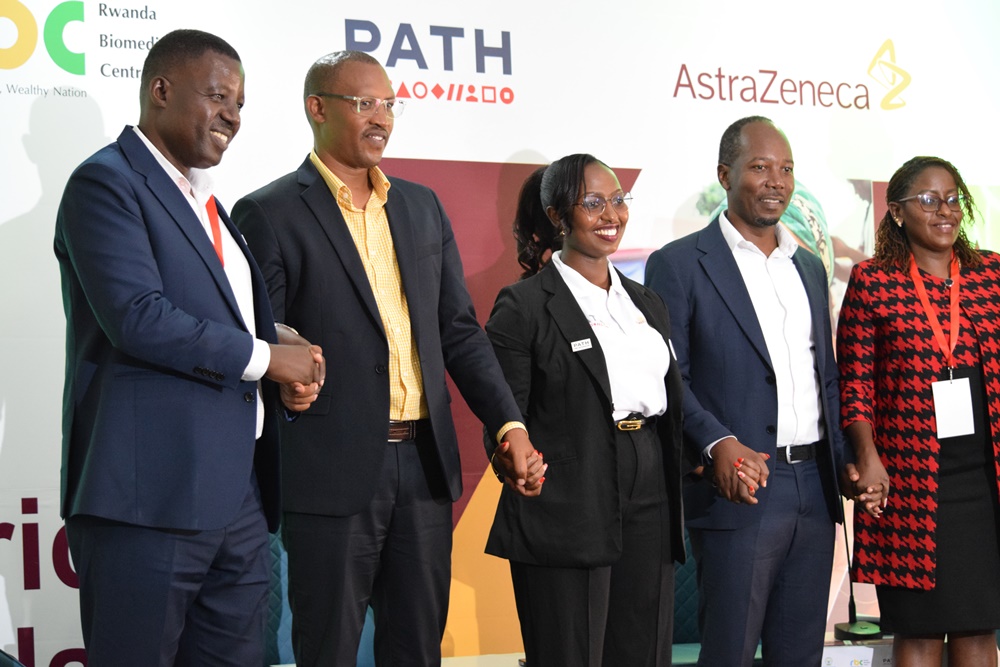
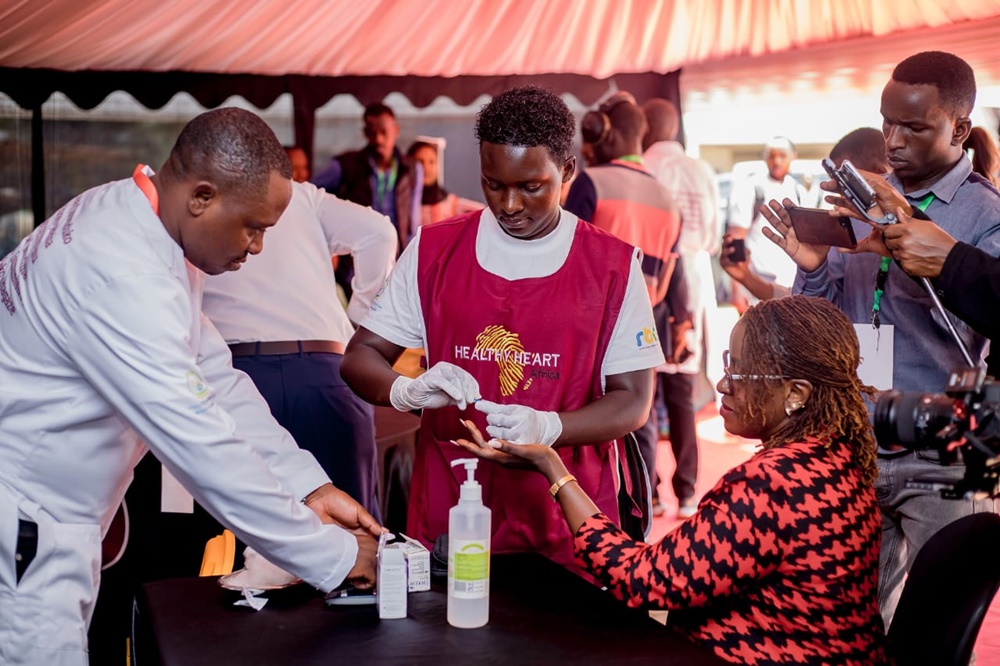
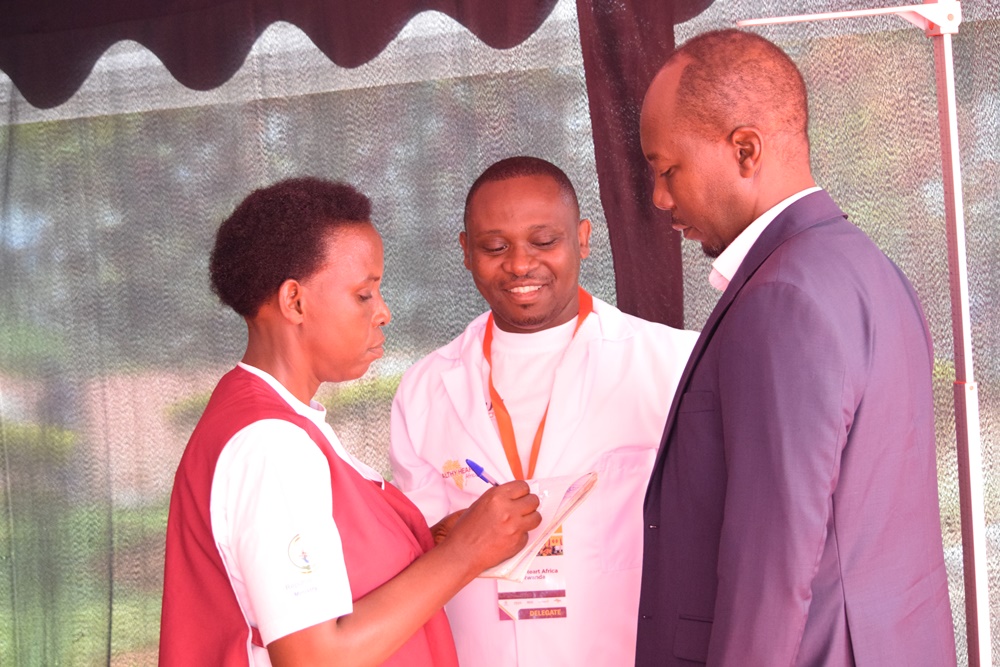
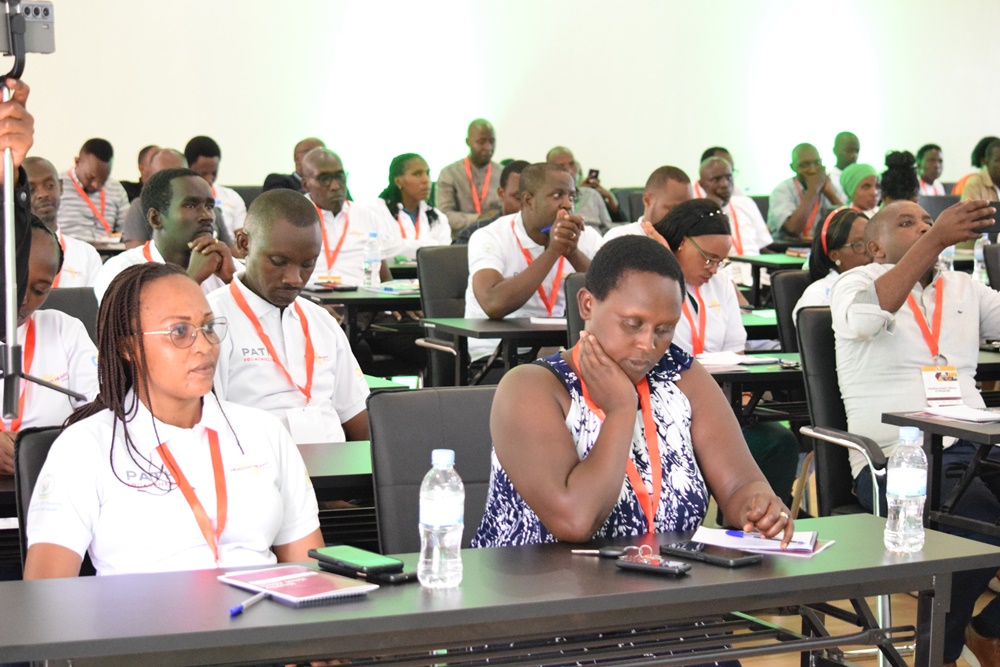
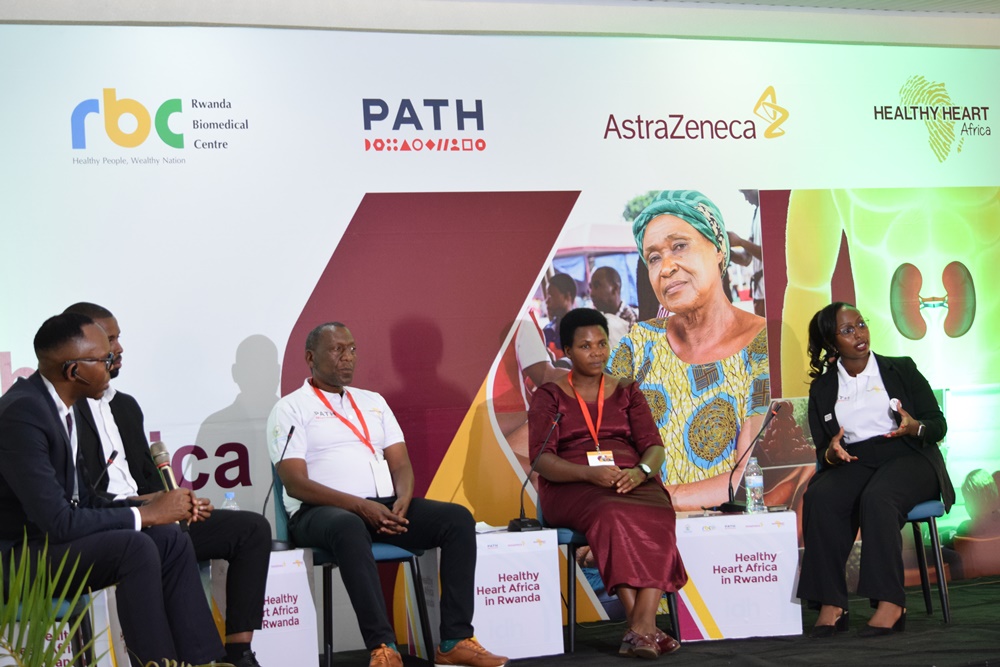
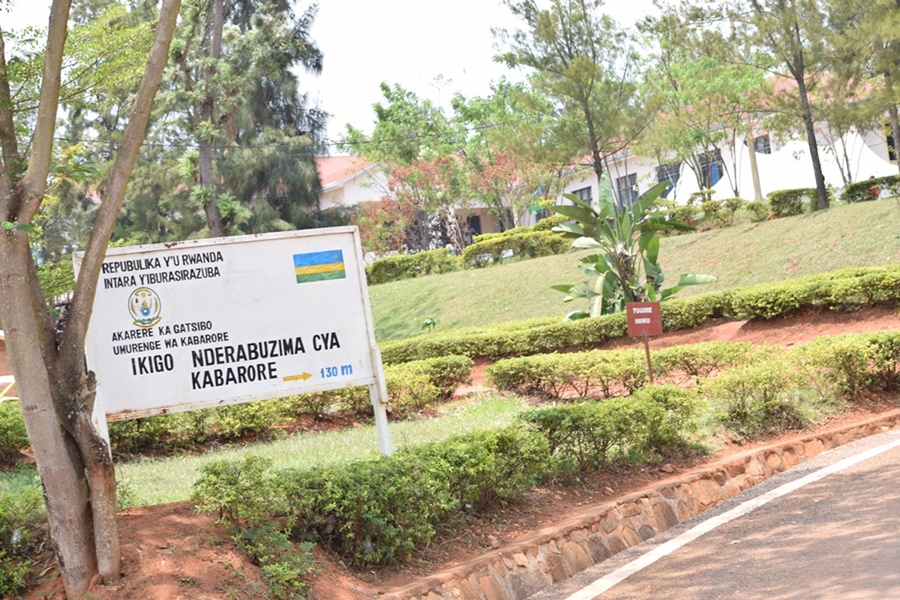
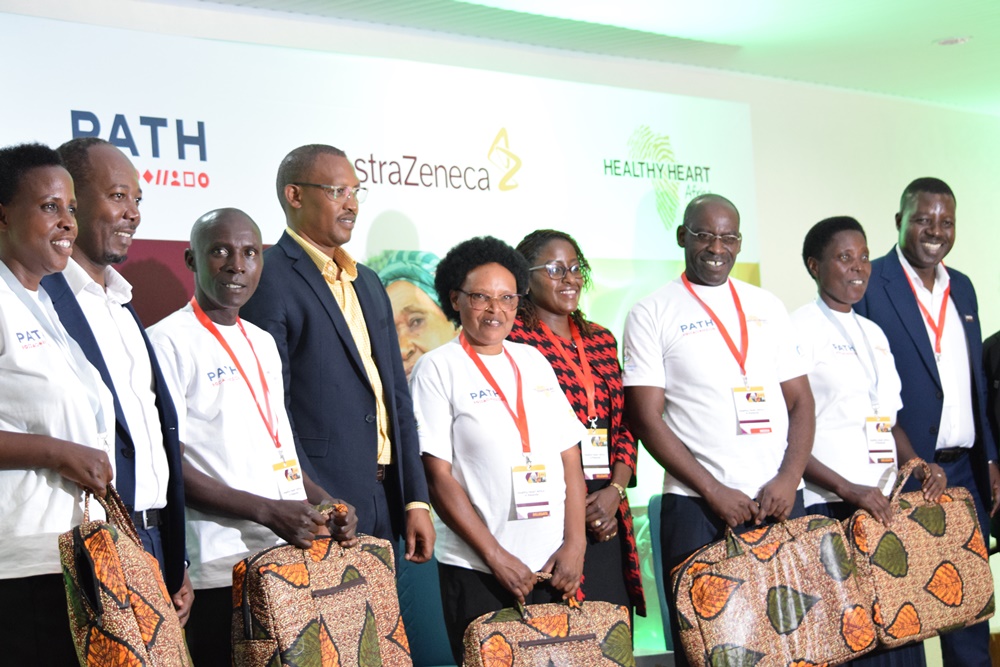

SUBSCRIBE TO OUR NEWSLETTER



